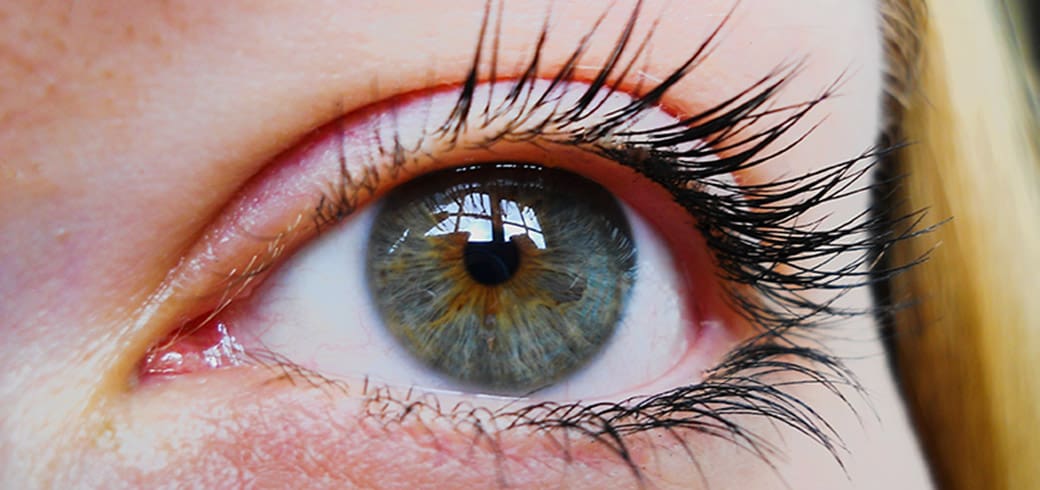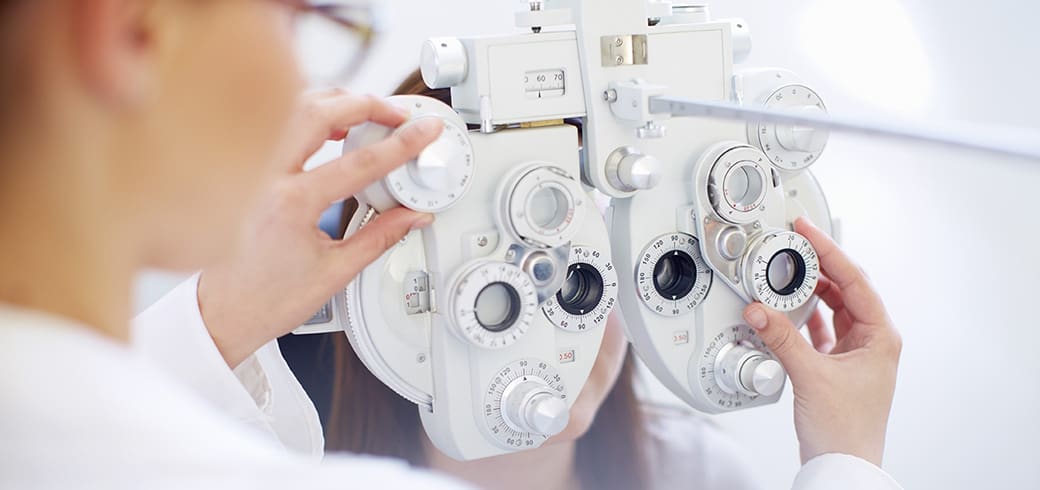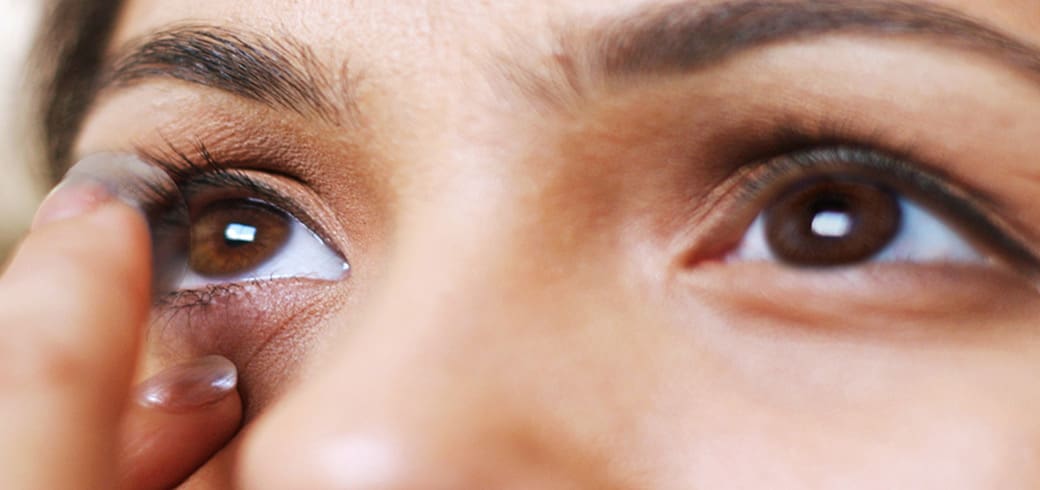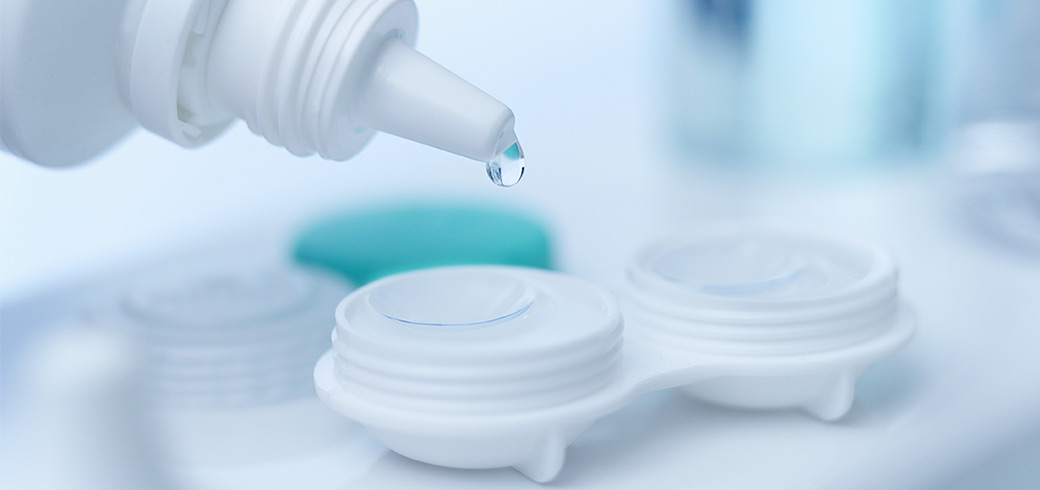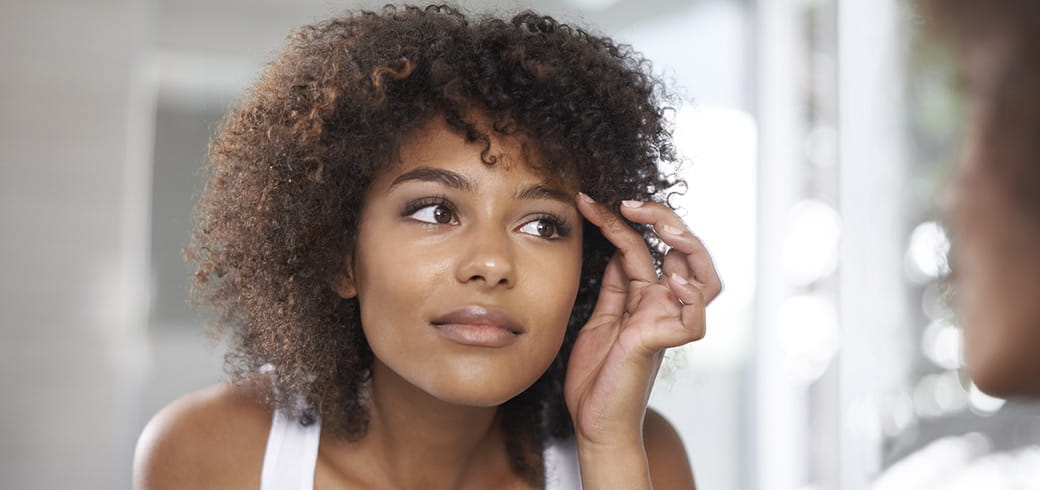You protect your skin from UV. ACUVUE® contact lenses help protect your eyes from UV transmission*
Combine ACUVUE® contact lenses in your daily routine with wraparound sunglasses and a wide-brimmed hat to experience the freedom and confidence to enjoy life to the fullest.
ACUVUE® - No other contact lens has higher UV blocking**
UV MYTHS EXPOSED
YEAR-ROUND UV NEEDS YEAR-ROUND PROTECTION.³
UV isn’t just a problem in the summer either as it can cause damage all year round. For example, exposure can be higher when sunlight is reflected off snow.
Once outside, almost any location, from ski slope to sea level, and any pastime from tennis to walking exposes us to UV radiation whether from a direct or reflected source. Even under water, at half a metre depth, UV radiation is still 40% as intense as at the surface.
Furthermore, most people don’t realize that UV eye exposure is greatest during early morning and late afternoon – and in non-equatorial regions – when the sun is lower in the sky. This makes exposure of eyes to harmful UV rays more likely.
Not only can UV rays pierce cloud cover, they reflect off all surfaces at different – and often surprisingly high – degrees. For example, UV radiation is still 95% as intense when reflected off water.
ACUVUE® BRAND CONTACT LENSES ARE THE ONLY MAJOR BRAND WHICH BLOCKS AT LEAST 97% OF UVB AND 81% OF UVA RAYS, AS STANDARD ACROSS THE ENTIRE PORTFOLIO.†‡
Sunglasses are an essential part of protecting your eyes from UV. The added protection from ACUVUE® Brand Contact Lenses is important even if you wear sunglasses which may only provide partial protection – UV light can ‘leak’ around the edges and cause damage.4 And unlike sun protection for the skin, the UV-blocking ingredient is incorporated into the ACUVUE® Brand Lens material permanently – it won’t peel or wear off. Wearing UV-blocking contact lenses every day means that you have additional protection for your eyes.
*All ACUVUE® Brand Contact Lenses have Class 1 or Class 2 UV-blocking to help provide protection against transmission of harmful UV radiation to the cornea and into the eye. UV-blocking contact lenses are NOT substitutes for protective UV-blocking eyewear such as UV-blocking goggles or sunglasses because they do not completely cover the eye and surrounding area.
** JJVC Data on file 2014.
† Helps protect against transmission of harmful UV radiation to the cornea and into the eye.
‡ UVB and UVA blocking percentages are taken on average across the wave length.
1. Sliney, David H. Intraocular and Crystalline Lens Protection From Ultraviolet Damage. Eye & Contact Lens July 2011; 37: 250–258. 2. Sasaki H, Sakamoto Y, Schnider C et al. UV-B exposure to the eye depending on solar altitude. Eye & Contact Lens 2011;37:4 191-195. 3. Schnider C, Sasaki H, Sakamoto Y et al. UV Danger in the UK? U Bet! BCLA 2010 Conference presentation abstract. 4. Kwok LS, Daszynski DC, Kuznetsov VA, Pham T, Ho A, Coroneo MT. Peripheral light-focussing as a potential mechanism for phakic dysphotopsia and lens phototoxicity. Ophthalmic Physiol Opt 2004;24(2):119-29.
WARNING: UV-blocking contact lenses are NOT substitutes for protective UV-blocking eyewear such as UV-blocking goggles or sunglasses because they do not completely cover the eye and surrounding area. You should continue to use UV-blocking eyewear as directed. NOTE: Long-term exposure to UV radiation is one of the risk factors associated with cataracts. Exposure is based on a number of factors such as environmental conditions (altitude, geography, cloud cover) and personal factors (extent and nature of outdoor activities). UV-blocking contact lenses help provide protection against harmful UV radiation. However, clinical studies have not been done to demonstrate that wearing UV-blocking contact lenses reduces the risk of developing cataracts or other eye disorders. Consult your eye care practitioner for more information.
Important information for contact lens wearers: ACUVUE® Brand Contact Lenses are available by prescription only for vision correction. An eye care professional will determine whether contact lenses are right for you. Although rare, serious eye problems can develop while wearing contact lenses. To help avoid these problems, follow the wear and replacement schedule and the lens care instructions provided by your eye doctor. Do not wear contact lenses if you have an eye infection, or experience eye discomfort, excessive tearing, vision changes, redness or other eye problems. If one of these conditions occurs, contact your eye doctor immediately. For more information on proper wear, care and safety, talk to your eye care professional and ask for a Patient Instruction Guide , call 1-800-736-912 or visit Acuvue.com.au


